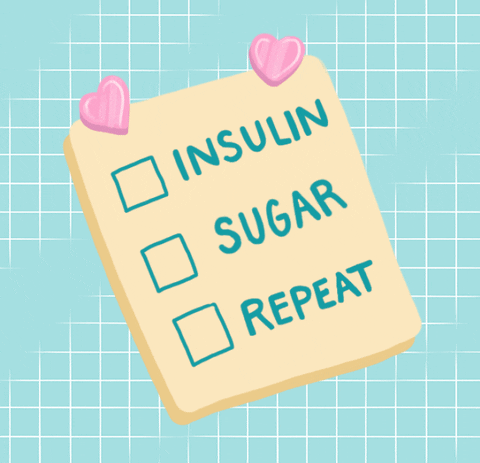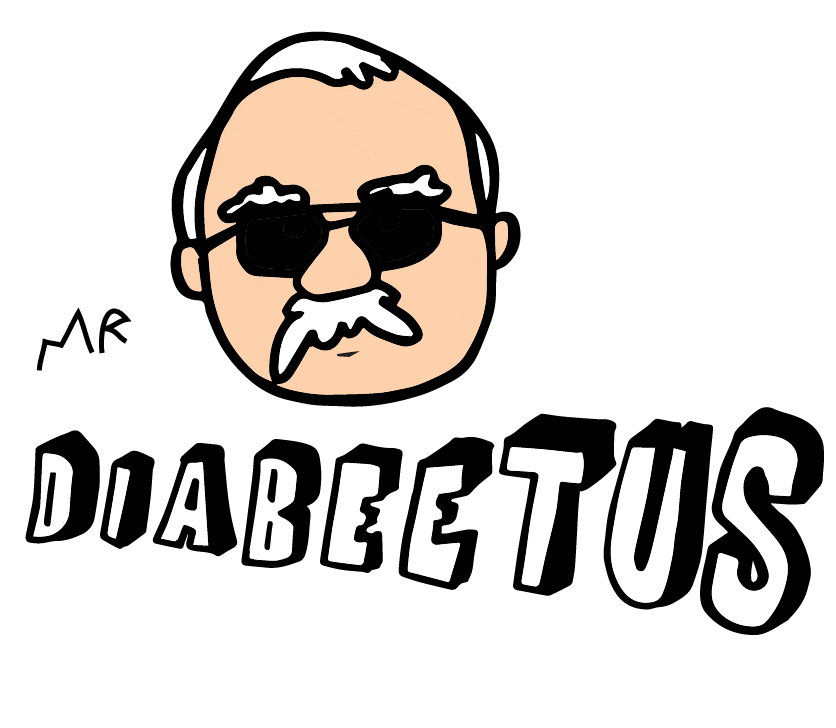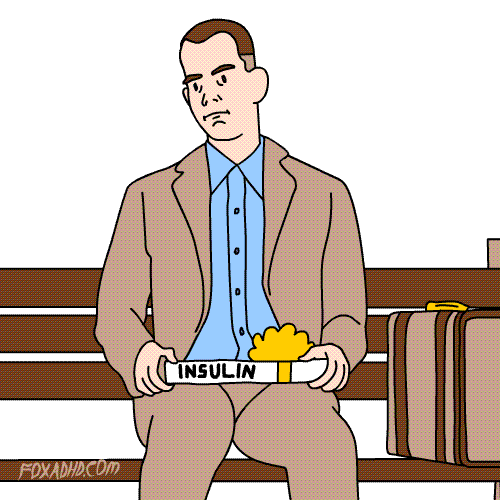


If you suspect you might have diabetes, don’t wait up. Early detection is critical for effective treatment. You should talk to a doctor if you spot signs like being unusually thirsty or having to go to the bathroom a lot.
Our quiz can’t replace a professional opinion, but it can help you understand diabetes symptoms and gather information if you decide to talk to your local GP. Assess your situation and self-evaluate for diabetes symptoms with our simple test!
The insulin hormone controls blood sugar levels. Glucose is a type of energy fuel. Diabetes develops when your body is unable to produce or use insulin properly.
Identify your hormone type to combat health issues.
Diabetes symptoms become present when there’s an excess of glucose in your blood. The body attempts to lower glucose levels by removing excess glucose through urine, which causes thirst.
Do you suspect that you or somebody you know has diabetes? Having some diabetes symptoms does not necessarily mean you have the disease, but you should always consult your doctor to make sure.
Take a closer look at multiple sclerosis symptoms.
Type 2 diabetes happens when the insulin in your body can’t work like it should, causing the blood sugar levels to rise. People with type 2 diabetes might develop hyperglycemia and other complications like damage to the eyes, heart, and feet. However, the correct type of medical treatment can help you reduce the risk.
Type 2 diabetes symptoms include:
Be watchful of the type 2 symptoms because they can take a while to develop and are harder to spot than the type 1 diabetes symptoms.
How to know if you’re pregnant without visiting a pharmacy?
How to prevent type 2 diabetes? Lifestyle is a large part of what causes type 2 diabetes. Maintaining a normal body weight, being active and fit, and eating a nutritious diet will all help to reduce the risk. If you’re a smoker, you should consider quitting – tobacco use increases the risk of diabetes.
Find help in managing your weight.
Type 1 diabetes happens when the body can’t produce insulin, causing high glucose levels. We don’t know what causes type 1 diabetes or how to prevent it. Untreated, it might lead to severe complications. Receiving the appropriate treatment can assist you in managing your blood sugar and avoiding life-threatening consequences.
Type 1 symptoms include:
Note that most of these can also be symptoms of type 2 diabetes. Type 1 symptoms can appear more suddenly and are harder to ignore.
Children who have diabetes experience similar symptoms to adults. Keep an eye out for your child drinking more, being unusually tired, wetting the bed, requiring more nappy changes, or appearing thinner than they should be.
Gestational diabetes develops during pregnancy in women who haven’t had diabetes previously. It doesn’t have typical symptoms. Medical professionals diagnose it through prenatal screening. Your doctor should perform tests between 24 and 28 weeks of pregnancy, sometimes earlier if there are risk factors.
See if you could be pregnant.
Women who have gestational diabetes are more likely to have difficulties during pregnancy and delivery, and they are more likely to develop type 2 diabetes later in life. There are steps to prevent it, so talk to your doctor about lowering your risk and keeping your blood sugar in check. You might be able to prevent gestational diabetes before getting pregnant by losing excess weight and maintaining regular physical activity. Do not attempt to lose weight while you’re pregnant, though.
Do you believe you could be overweight? Find out!
Diabetes symptoms can be difficult to detect, especially if they develop slowly over time. The earlier you are diagnosed, the sooner you can begin treatment, so it is critical to be aware of any unusual signs.
Are you worried about diabetes symptoms? Take the quiz to self-evaluate for any concerning signs. See if you could have diabetes.
Remember, this quiz is not a professional test. Be sure to consult your doctor!